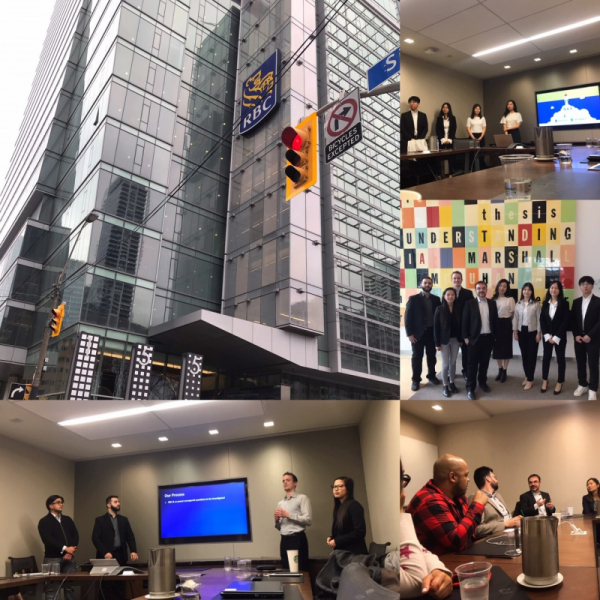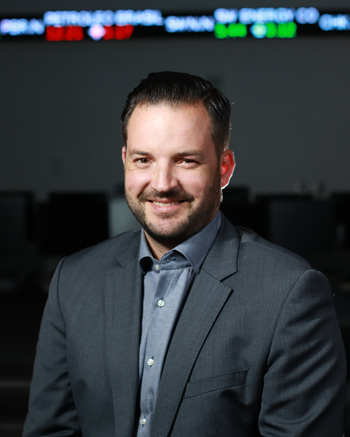What is Work Integrated Learning?
Work-Integrated Learning (WIL) is an educational practice that intentionally integrates academic study in the workplace or a simulated work environment. Students reinforce their learning outcomes and academic theories through practical applications that are relevant to industry or community partners' needs.

How can WIL benefit faculty?
-
Student leaders are guided through applied research projects to develop innovative solutions for industry-led or community focused partnerships supported by faculty and librarian mentorship.
-
Gain access to real-time data and market insights while supporting your research outcomes through WIL by embedding the support of research librarians into your courses.
-
Leverage the latest resource materials to support your research and connect this knowledge to serve the community beyond the university
Learn more
David Fenton
For more information and support, connect with our team's Industry Partnerships, Innovation, and Work-Integrated Learning Lead.
Types of Work Integrated Learning
Co-op consists of paid work terms that alternate between academic terms. Work terms provide experience in a workplace setting related to the student’s field of study. The number of required work terms varies by program; however, the time spent in work terms must be at least 30% of the time spent in academic study.
Mentorship, space, and/or funding is provided to engage students in the early-stage development of business start-ups either for academic credit or through our co-curricular New Venture Program. Developmental formation is self-directed with strong foundational business theory to set students up for success as entrepreneurs or corporate innovators.
Student research that addresses specific needs of an external partner organization, often taking place in the field. Characteristics include: student-generated research questions, methodologies, conceptual frameworks, and project management plans under academic supervision. Students analyze the collected information or data to reinforce their understanding of how research outcomes relate to the concepts from their academic curriculum. Projects often focus on consulting, design, market research and analysis, data analytics, and community-focused initiatives.
Short-term, practical activities outside of the classroom in a setting relevant to the student’s academic discipline offering intensive practical skills development. Students may investigate similarities and differences amongst multiple environments, or focus on a specific outcome. These experiences prepare students for professional fields where there might not be formal certification.
Competitive events such as case competitions and hackathons in which teams work on industry-provided projects over a short period of time, such as a weekend or a week. These events are often sponsored and judged by industry representatives who work with U of T staff, faculty, and students to co-develop a case based on a present-day industry challenge. Long-term engagements include the Student Managed Fund, where students gain experience by managing simulated investment portfolios on the actual market, and the Management Consulting Group.
